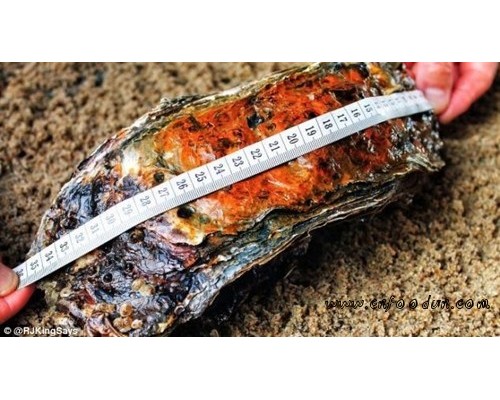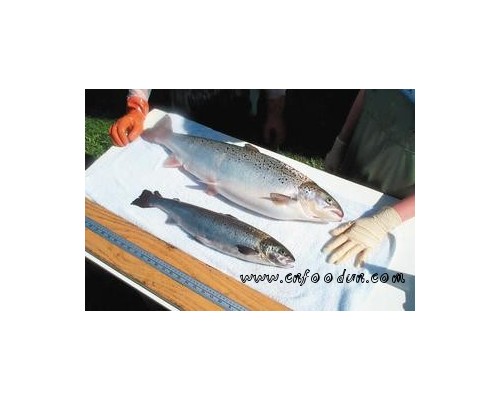食品伙伴网导读:美国Exponent 公司的化学调控及食品安全中心新发布的报告为关于进口鲶鱼安全性的讨论又增加了新的刺激因素。根据报告,食用从中国和越南进口的被污染的鲶鱼会对消费者造成“严重的长期的健康影响”。这份报告说,这种进口鲶鱼的主要危害包括:致病微生物、抗生素药物残留、以及其生长环境中有化工产品。美国参议院农业委员会的主席布兰奇林肯22日在国会山出示了这份报告,并谴责美国农业部拖延2008年农业法案的一部分--鲶鱼检查规定的实施执行,因为对鲶鱼的管辖权由美国食品药品管理局(FDA)移交给了食品标准监察局(FSIS)。而美国渔业协会则对该报告进行了抨击,他们称这份报告反对竞争,并寻求创造一个食品安全的恐慌。
原文报道:
Report: Imported Catfish Human Health Risk
by Helena Bottemiller | Jul 23, 2010A new report from Exponent Inc.'s Center for Chemical Regulation and Food Safety is adding new fuel to the debate over catfish import safety. According to the report, eating contaminated catfish imported from Vietnam and China could have "serious long-term human health consequences."
The report cites "major hazards" associated with aquaculture fish, including pathogenic microorganisms, antimicrobial drug residues and environmental chemicals.
Senator Blanche Lincoln (D-AR), chairwoman of the Senate Agriculture Committee, joined the group, Food & Water Watch, and the Catfish Farmers of America in unveiling the report yesterday on Capitol Hill. Lincoln said she had been "loud and clear" on the U.S. Department of Agriculture's (USDA's) delay in implementing the catfish inspection rule, part of the 2008 Farm Bill, which shifted jurisdiction over catfish safety from the U.S. Food and Drug Administration (FDA) to the Food Safety and Inspection Service (FSIS).
The rule has yet to be implemented. The proposed rule has languished in the Office of Management and Budget reportedly because of objections raised by the Office of the U.S. Trade Representative over concerns that countries currently exporting catfish to the U.S. may not be able to meet the food safety standards that FSIS would require.
"Each day we delay is another day Americans are at risk," said Lincoln yesterday in a briefing with reporters. The USDA was supposed to have begun implementing the rule last fall.
The National Fisheries Institute blasted the briefing yesterday, calling the report a "centerpiece of an anti-competition effort" that seeks to create a food safety scare.
According to the report there would be a number of benefits from the USDA inspection:
-USDA requires that countries exporting products to the U.S. have inspection programs equivalent to the U.S. program based on USDA review.
-USDA requires continuous inspection of the foods it regulates.
-USDA sets standards for microbial hazards, tests for contamination, tests production facilities, and evaluates inpidual facilities.
-USDA regularly conducts foreign inspections of producers who export to the U.S.
-In the last 11 years, the USDA's regulatory program has decreased Salmonella prevalence in all classes of products it inspects.
-USDA has not certified either China or Vietnam to ship USDA-regulated raw, non-processed products from any meat animal to the U.S.
完整报告下载---来自鲶鱼的风险报告(Catfish-risk-report.pdf)下载







